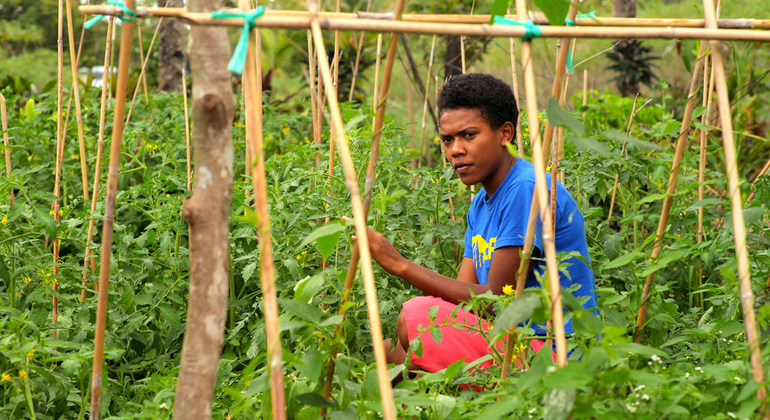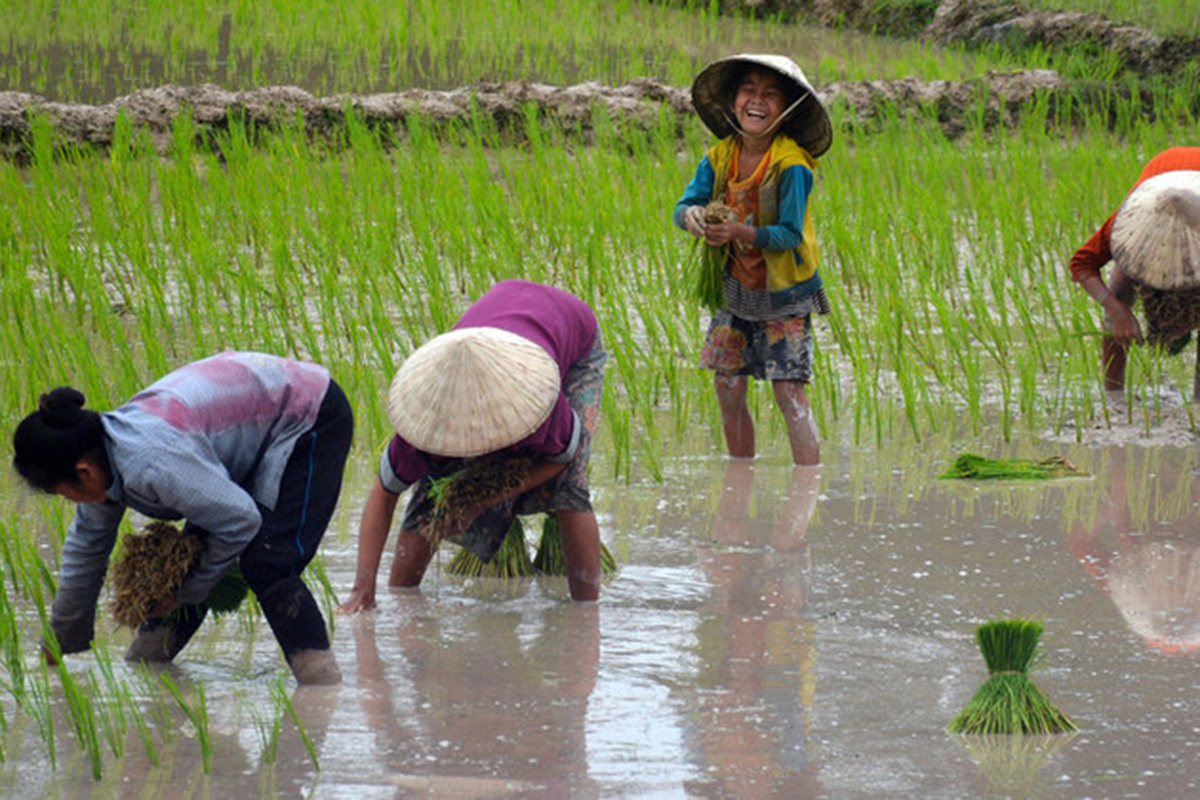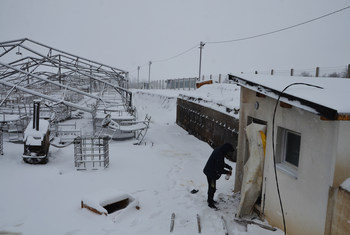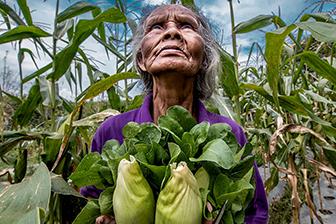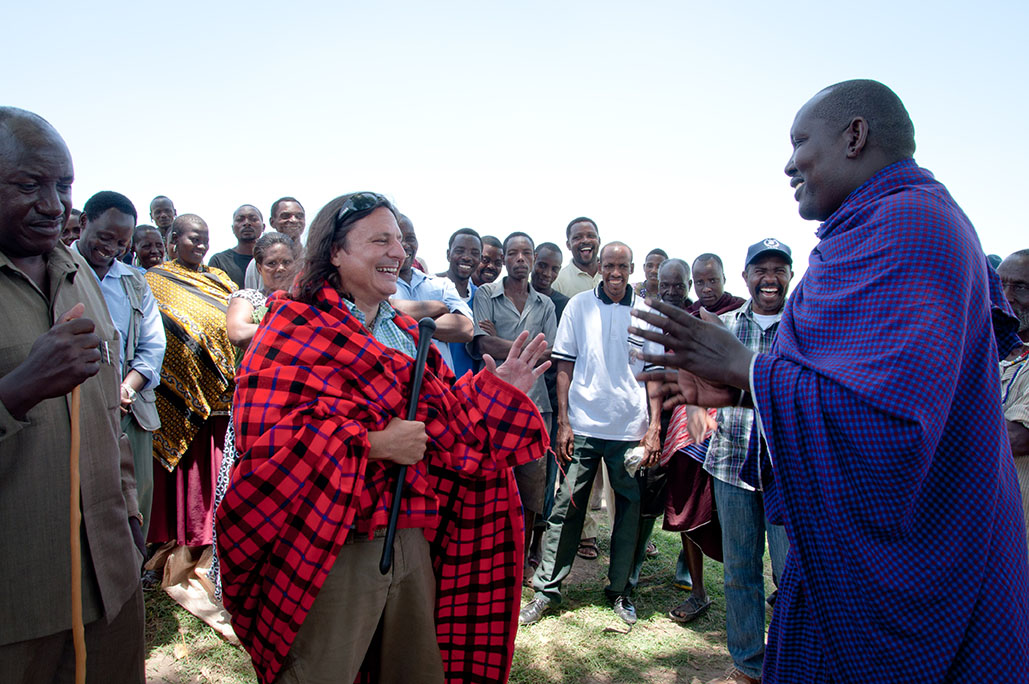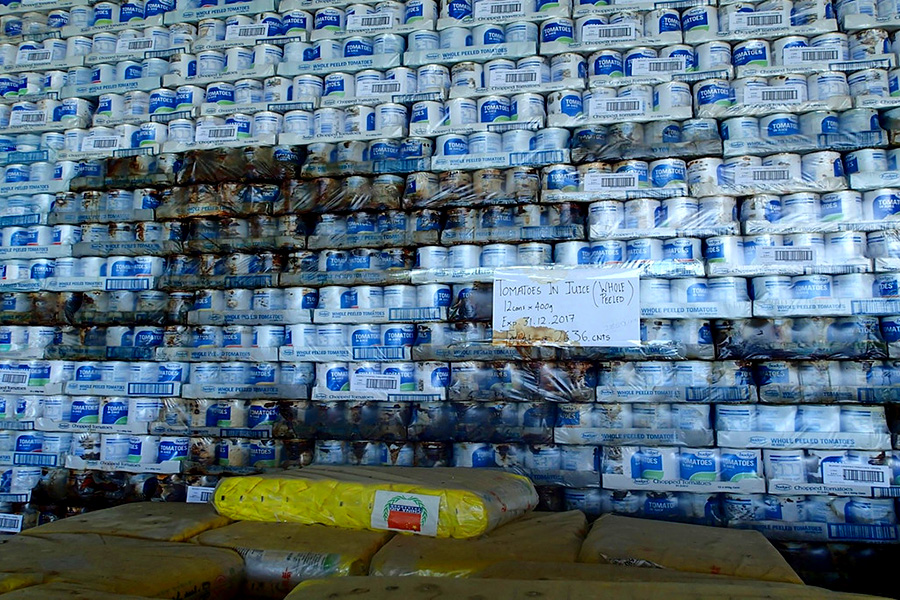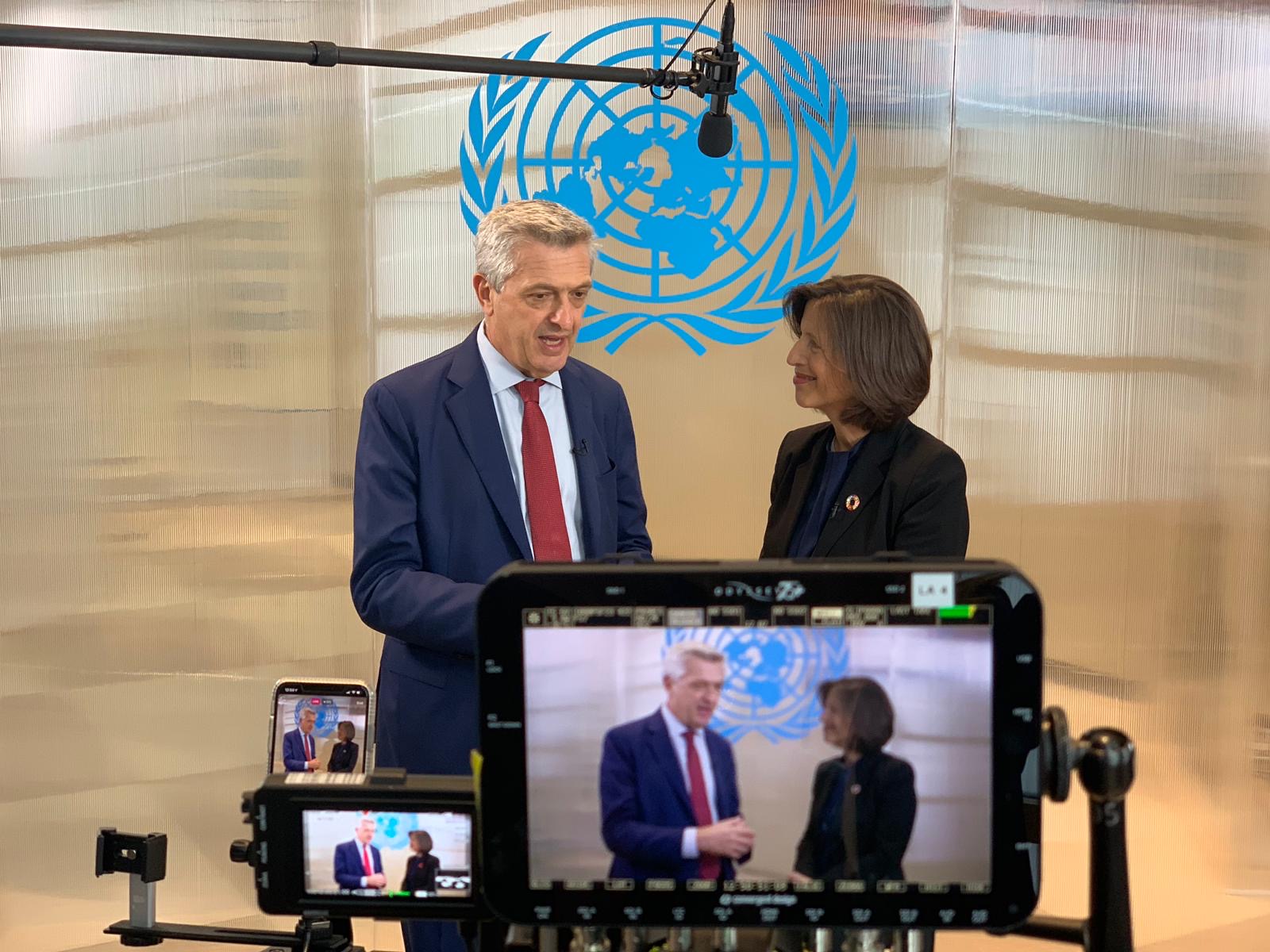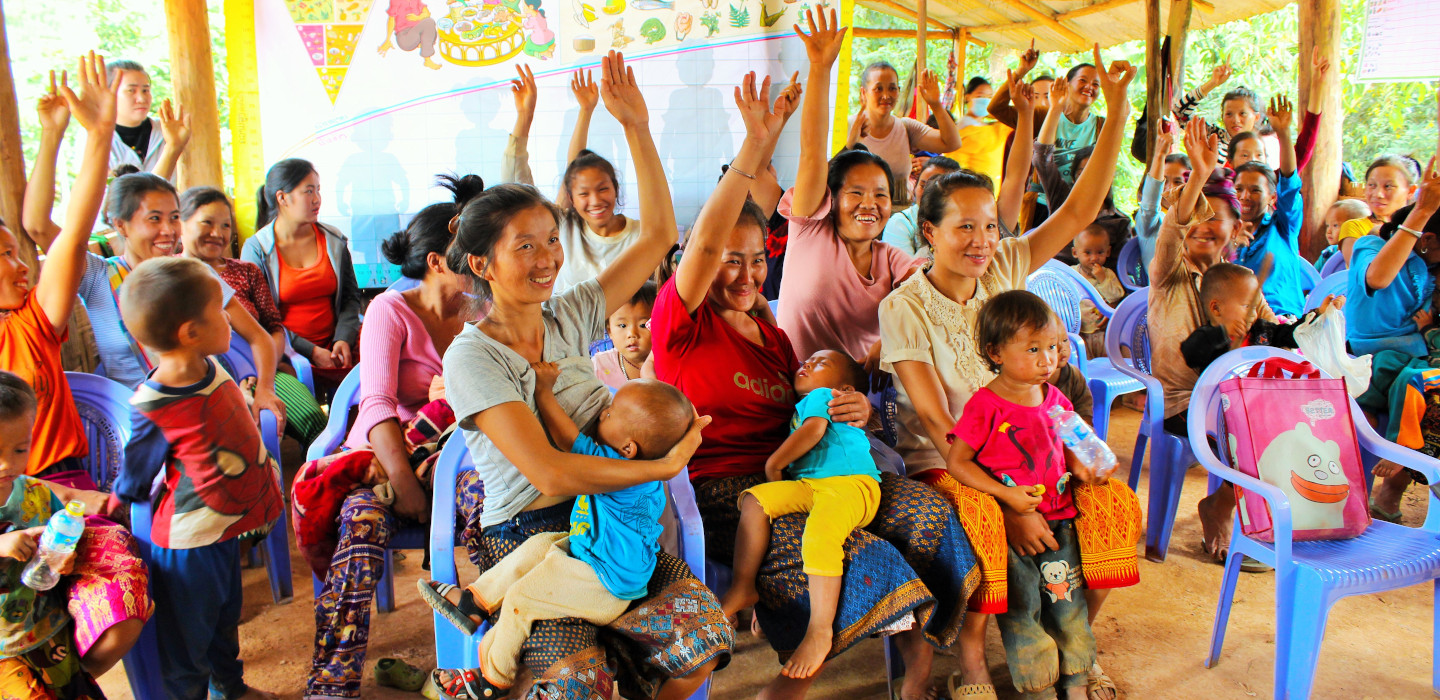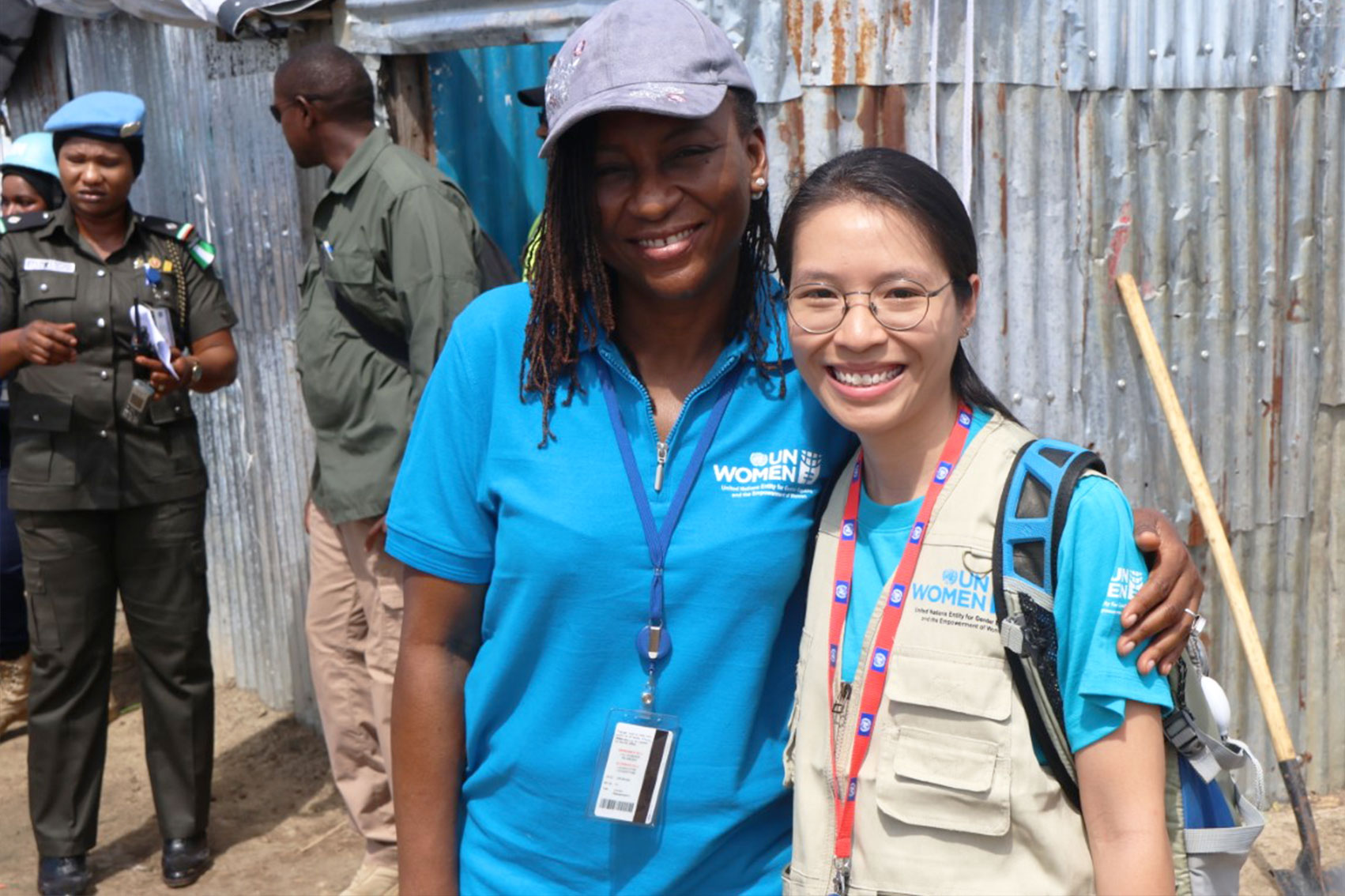"Five months after losing my son in the #BeirutBlast I have decided to start writing about my experiences of grief and trauma. I can't promise it will be eloquent, or even make sense, and it certainly won't be pretty. But I hope this process is cathartic for me."
The COVID-19 pandemic is likely to hamper the efforts of developing countries to adapt to the climate crisis. This is the analysis of Dr.
What progress is the world making in adapting to the changing climate? And can nature itself provide the answers?
Well over 2,500 migrants and refugees have been forced to sleep rough in Bosnia-Herzegovina for several weeks – on the European Union’s doorstep – despite the fact that suitable sheltered accommodation is available.
In this episode, we say goodbye to a year that’s been full of uncertainty and change, but also adaptation, innovation and improvement.
Progress in fighting hunger has gone into reverse – partly as a result of conflict. Nearly 700 million people do not get enough calories to lead full, productive lives. And more than four times that number cannot afford the cheapest healthy diet.
Irrepressible comedian AK Dans was born in the world’s largest refugee camp, Kukuma, in Kenya, after his mother fled South Sudan in the 1990s.
In this latest episode of Awake at Night, host Melissa Fleming speaks with Richard Ragan, the Country Director of the World Food Programme in Bangladesh. “I don't want one person that I'm responsible for to be hungry. And you know, that, that keeps me up at night, for sure. But the thing that scares me, probably more than anything, and, you know, there's no vaccination for it is, is climate change. You know, I think COVID is a wake-up call for all of us, it does not discriminate. It's like the waves or the mountains, it doesn't care.”
"And he rushes up to embrace his mother. At that moment, I just said, thank you. This is what happiness is, I want to do this all my life. I just want to repatriate refugees for the rest of my life."
Donating goods overseas after disasters can be unhelpful and even harmful, and with the Pacific Cyclone season now in full swing, WFP has begun a campaign urging people to donate more responsibly.
"This is why exile, refugee exile is so devastating, because it is the admission to oneself, that home is not safe anymore. There are very few decisions that a human being can make, that are as difficult as choosing the path of exile. And this is what displaced and refugees do.” Filippo Grandi, the United Nations High Commissioner for Refugees, is recovering from Covid-19, and says it's given him a sense of the fragility of life. He says the socio-economic effects of the epidemic, including rising poverty, are especially dire for refugees and displaced people.
In this month’s programme, we have the latest on COVID-19 from IFAD’s Associate Vice-President Donal Brown; news on nutrition from the Lao People’s Democratic Republic; and a report on getting youth issues right in development activities. We also speak with Marco Minciaroni, a leader in Italy’s agro-ecological movement.
The COVID-19 pandemic could threaten global food security, if urgent action is not taken. The Food and Agriculture Organization of the United Nations (FAO) has launched a COVID-19 Response and Recovery Programme, which aims to mitigate the immediate impacts of the pandemic while also strengthening the long-term resilience of food systems and livelihoods. In this podcast, FAO Deputy Director-General Beth Bechdol details the plan and calls for a global coordinated response to the crisis.
In Pakistan, women are major contributors to agricultural production and food security for their families, but like many other nations, the COVID pandemic has exacerbated an already alarming gender gap there. Mina Dowlatchahi, Food and Agriculture Organization (FAO) Representative to Pakistan, explains to Charlotta Lomas, how the UN agency is supporting women in the countryside, despite the corrosive impact of the pandemic.
"... the way we negotiate peace is that we negotiate with those who were fighters or at the warring parties. And typically, women are not fighters and not warring parties. So women always have to beg and negotiate and try to engage in all of those processes.


